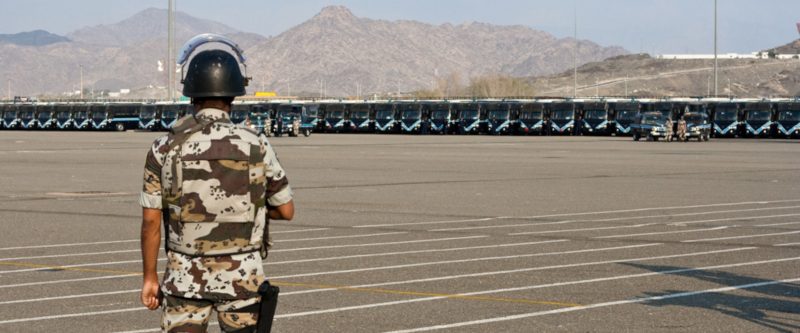
#The arms compendium full#
Progress was also made on the issue of international cooperation and assistance, in which States continue to call for increased “adequate, measurable, sustainable, and timely” measures to ensure the full and effective implementation of the Programme of Action and the International Tracing Instrument.

The Facilitator’s Summary, an Annex of relevant documents and the expert presentation delivered during the consultations by the United Nations Institute for Disarmament Research (UNIDIR) were made available to inform deliberations of Member States. In the preparation of BMS7, dedicated informal consultations had taken place on this issue, facilitated by Belgium on behalf of Kenya. During BMS7, Costa Rica, on behalf of 64 States, delivered a joint statement which called for “further enhancing gender mainstreaming and ensuring the equal, full, and effective participation of women in arms control and peace and security initiatives” and strong gender-related language in the outcome document.īMS7 also considered the implementation of the International Tracing Instrument, in particular on new and emerging technologies and agreed in the final outcome document to “continue exchanging views on recent developments in small arms and light weapons manufacturing, technology and design, in particular polymer and modular weapons, and on ways of addressing them and to consider the proposal of an open-ended technical expert group at the Eighth Biennial Meeting of States…”. Like in the past two Programme of Action meetings, particular focus during BMS7 was given to the nexus between armed violence and peace, security, and sustainable development, with progressive language on gender-related issues. States specifically agreed to “consider the establishment of voluntary national and regional targets in line with the provisions of the Programme of Action, taking into account varying national and regional contexts, with a view to strengthening national and regional ownership and the measurability of implementation progress.” This new approach could further strengthen implementation, better channel assistance towards national priorities and revitalize the global political process. Among others, this includes the need to “ensure that international humanitarian law and international human rights law are taken into consideration in national small arms and light weapons transfer decisions” to address emerging challenges related to the illicit trade in small arms and light weapons and to strengthen measurability and implementation efforts. States agreed to a wide range of national, regional and global action to strengthen efforts towards the full and effective implementation of the instrument. Martin Kimani of Kenya, BMS7 Chair, delivers his opening remarks during the first meeting on 26 July 2021 in New York The Seventh Biennial Meeting of States (BMS7) to Consider the Implementation of the Programme of Action to Prevent, Combat and Eradicate the Illicit Trade in Small Arms and Light Weapons in All Its Aspects took place in New York from 26 to 30 July 2021 and concluded successfully with an outcome document, adopted by unanimous vote.īMS7 was chaired by Ambassador Kimani of Kenya and focused on preventing and combating the diversion and the illicit international transfer of small arms and light weapons to unauthorized recipients. NEWS | IN THE SPOTLIGHT | FUNDING OPPORTUNITIES | CONNECT

If you, as a national official working on effective small arms control, are easily able to retrieve state-of-the-art tools and information, this will contribute to the goal of ‘disarmament saving lives’: the key objective on conventional arms regulation in the UN Secretary-General’s ‘Disarmament Agenda’. We aim to inform national authorities every six months on good practices in small arms control and the latest developments in the United Nations, so that they have access to the most authoritative and tested methods and policies. At the 2018 UN small arms review conference, governments agreed to use national points of contact to strengthen the exchange of information and other forms of international cooperation.


 0 kommentar(er)
0 kommentar(er)
